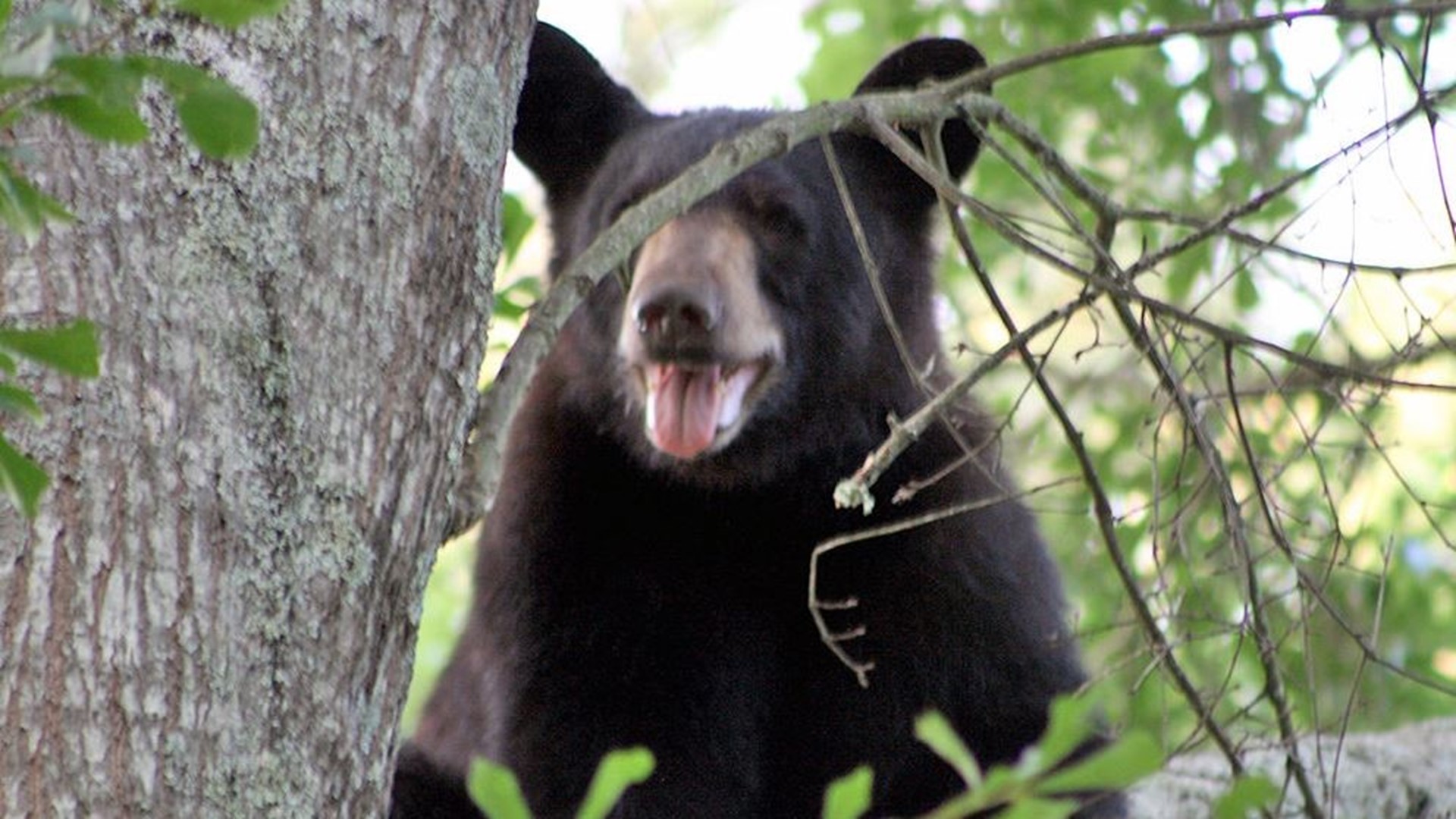KNOXVILLE, Tenn. — There are questions about a bear euthanized in the Smokies.
An autopsy report released Monday revealed that a ginseng hunter that had been eaten by a bear actually died before the bear arrived from a meth overdose.
Searchers found the body of William Hill back in September.
At the time, rangers didn't know how Hill died, and chose to euthanize the bear.
It's a story sparking debate on the WBIR Facebook page: Should a bear found scavenging a human body be euthanized?
Tiffie Stalsworth commented: "They killed the bear because he was eating human flesh. There's no coming back for a bear that has tasted human meat. He would be a threat. Regardless of how the person died, the bear was eating a human corpse, which turns the bear into a threat to others."
"The data doesn't exist to answer that question," bear expert Mark Bruscino said. "These incidents are so rare across North America and the rest of the world where bears exist, there really isn't a lot of data to be able to say one way or the other."
Bruscino is the former supervisor of the Large Carnivores section of the Wyoming Game and Fish Department.
He's one of several experts the Smokies rangers sometimes turn to in bear cases.
We took other concerns to Bruscino.
Lydia Boatwright said, "And now the bear is dead...infuriates me that they couldn't wait until after the autopsy before they killed it."
Bruscino said they couldn't wait because bears are quick to learn certain behaviors.
"We don't know for sure whether that manifests itself into some other behavior that might be harmful to people," Bruscino said.
That's why Great Smoky Mountains Park Spokesperson Dana Soehn says rangers bring a lot of different, expert opinions to make the best decision.
"We look at how many times does the bear come into a high-use area, and is it becoming a day-use, food conditioned bear," Soehn said. "And when we have applied aversive conditioning techniques, has it been responsive? Our goal is to help bears stay wild in the park."
Soehn says since 1990, the park euthanizes less than one bear a year.
She says people should always be aware of their surroundings, and follow proper procedures to avoid attracting bears.

